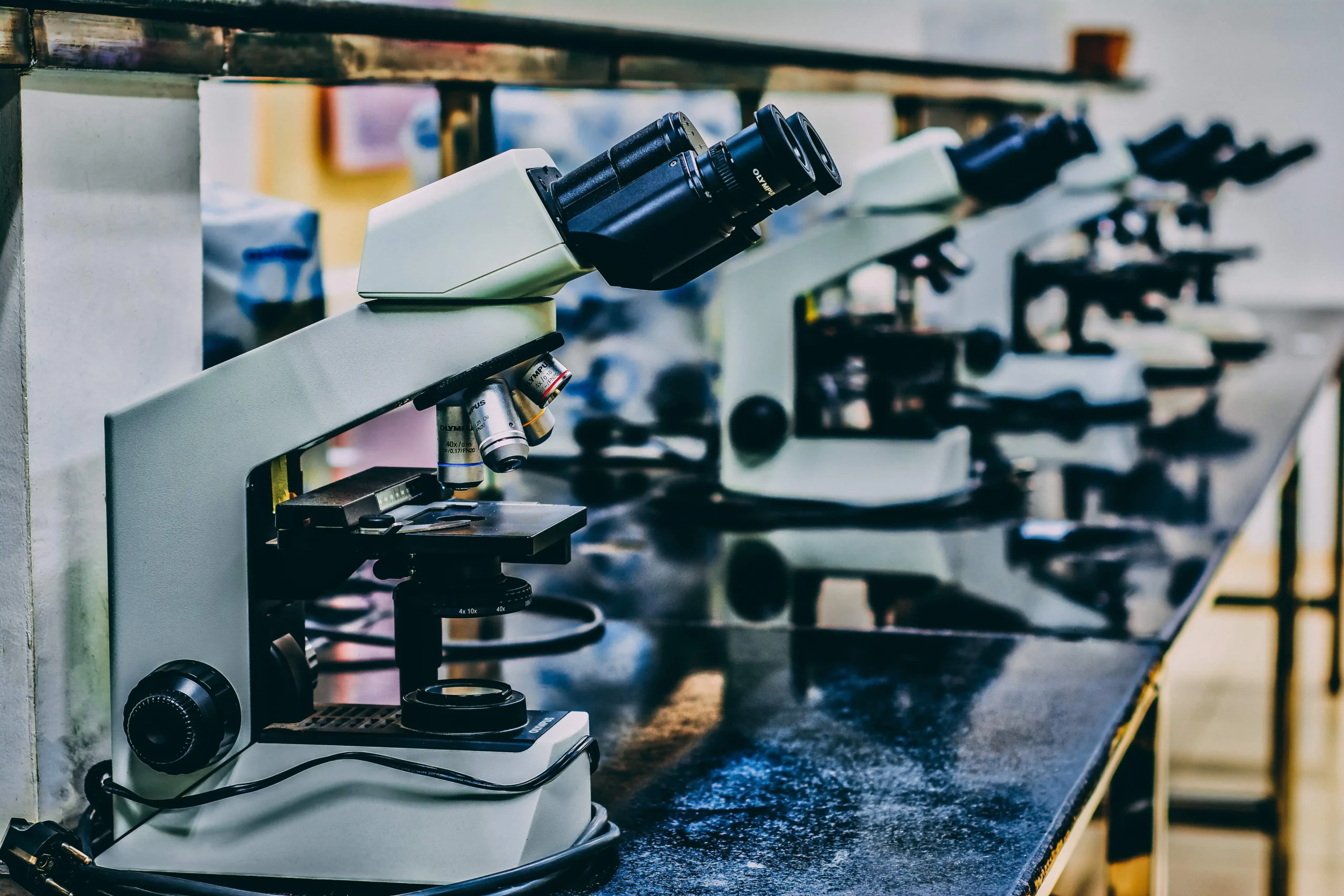Employing institution: Usmanu Danfodiyo University Sokoto, Nigeria
Host institution: University of Copenhagen, Denmark
Project title: The use of CRISPR-cas biotechnology tool to neutralize antimicrobial resistance of enteric pathogens.
Dr Jibril trained as a molecular bacteriologist at the University of Copenhagen, obtaining a Ph.D. in molecular bacteriology and infection. Presently a lecturer/researcher at Usmanu Danfodiyo University Sokoto, his research focuses on understanding the molecular basis of antimicrobial resistance in enteric pathogens and the use of CRISPR-Cas biotechnology as an alternative to antibiotic therapy.
AREF Fellowship:
Antibiotic resistance is one of the major healthcare challenges facing the world, with many drugs now ineffective against bacterial pathogens due to multidrug-resistant (MDR) “superbugs”. Most antibiotics used in the treatment of enteric infection lack specificity, indiscriminately killing pathogenic and non-pathogenic bacteria, posing selection pressure on resident microbiota.
There is a need to develop “smart antibiotics” guided by a sequence that will specifically locate and neutralise the resistance gene in a bacteria population. He will be using CRISPR-Cas sequence-guided endonuclease activity to selectively neutralise antibiotic resistance genes of enteric pathogens. This approach will open novel ways for the development of smart antibiotics, which could eliminate MDR pathogens and differentiate between beneficial and pathogenic microorganisms.
During his fellowship, Dr Jibril will be working with Professor John Elmerdahl Olsen at the University of Copenhagen, along with a team of experts in sequence technology and CRISPR-Cas biotechnology. He will acquire hands-on skills in next-generation sequencing, microbiome analysis of enteric microbiota using metagenomics, and the application of CRISPR-Cas biotechnology in neutralising resistance genes. The skills acquired will be used to contribute to growing research capacity at his home university.
“The use of smart antibiotics is promising and this could put a stop to the arms race between superbugs and antibiotics.”



